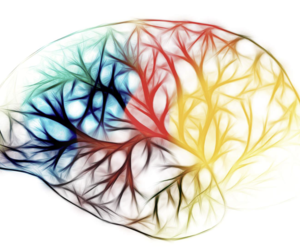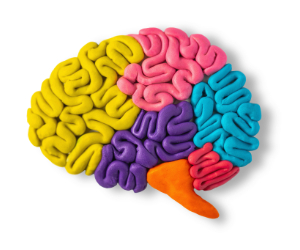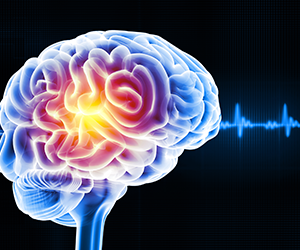Children, Youth and Families
Popular Courses

All Hands on Deck: Best Practice Strategies in Integrated Care
View Details

Behavioral Health for Refugees
As behavioral health professionals, you play a pivotal role in addressing the complex mental health needs of refugee populations who have fled their home countries due to conflict, persecution, or violence. These individuals and families bring with them not only their hopes and dreams for a safer future but also the profound scars of their traumatic experiences.
Refugees often face unique challenges that can significantly impact their mental health, including language barriers, cultural differences, social isolation, and the stress of adapting to a new environment. Additionally, many refugees have experienced severe trauma, including war, torture, and the loss of loved ones, which can lead to a range of mental health issues, such as post-traumatic stress disorder (PTSD), depression, and anxiety. This training will equip you with the knowledge and skills to provide compassionate, effective, and culturally sensitive care.
View Details

Behavioral Health Workforce: Meeting Today's Needs and Building the Pipeline for the Future
View Details

Brain Injury Essentials for Healthcare Professionals
Individuals who have suffered a brain injury face many challenges following their injury, including physical, cognitive, and emotional consequences that can range from inconvenient to debilitating. Whether the brain injury is mild, moderate, or severe, patients rely on medical professionals to guide the recovery process and help them thrive in the aftermath of an injury.
This training gives primary care providers the knowledge and skills needed to better understand and support individuals who have experienced brain injury. It covers the different types of brain injuries, their causes, and the physical, cognitive, and emotional impacts they can have. By the end of the program, providers will be equipped to effectively collaborate with their patients to improve their quality of life.
View Details

Brain Injury Essentials I: Brain Injury Basics
View Details

Brain Injury Essentials II: Adapting Treatment Strategies for BI
View Details

Brain Injury Essentials III: Screening and Identification
View Details

Brain Injury Essentials Series
View Details

Brain Injury in Children and Youth
Many youth with brain injuries may experience difficulties with emotional regulation due to changes in brain function. As a behavioral health professional, you should be prepared to provide immediate and long-term care that includes strategies and support to help youth manage emotions to effectively cope with frustration, anger, anxiety, and depression, among other things.
This course is designed to provide you with knowledge and skills to better understand and support children and youth who have experienced brain injuries. It covers a wide range of topics, including types and classifications of brain injuries, special considerations for working with children and youth, an in-depth look at the school system and academic supports, and specific case studies to illuminate how to work with youth with mild, moderate, and severe brain injuries. Through this course, you will gain a deeper understanding of the impact of brain injuries on a child or youth’s life, including physical, cognitive, and emotional consequences, and come away with tools to help support the individual’s specific needs.View Details
